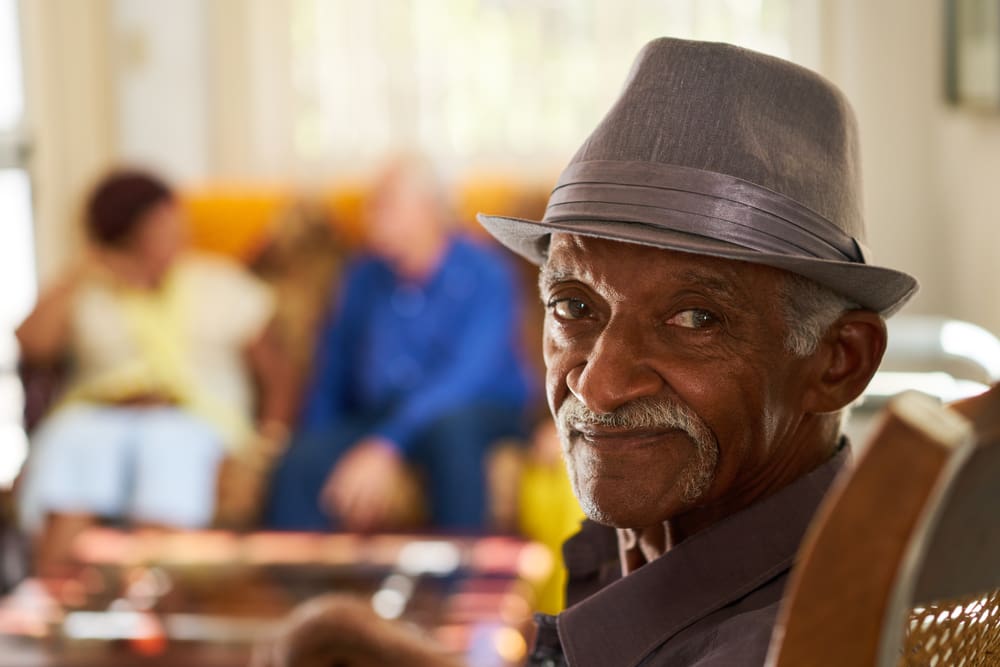As individuals age, their perspectives on end-of-life decisions often become more pronounced. One such decision that many elderly parents consider is signing a Do Not Resuscitate (DNR) order in advance. This article delves into the complexities of this choice, exploring the reasons that compel elderly parents to make such a decision, the profound implications it holds for family members and the critical role of open communication in navigating these sensitive discussions.
The decision to sign a DNR is deeply personal, often reflecting a desire to maintain autonomy and dignity in the face of declining health. It represents a deliberate choice to prioritize quality of life over the prolongation of life through aggressive medical interventions. Understanding the reasons behind this decision is crucial for families and health care providers alike, as it can inform discussions around end-of-life care and ensure that an individual’s wishes are respected.
By shedding light on the motivations behind signing a DNR and emphasizing the importance of open and honest conversations, this article aims to provide insight and guidance for families grappling with these complex and emotional decisions.
Understanding the DNR Decision
A DNR order instructs health care providers not to perform cardiopulmonary resuscitation (CPR) if a person’s heart stops beating or if they stop breathing. While this decision may seem straightforward, its implications and significance can vary greatly among individuals and families.
Reasons for the Elderly Signing a DNR in Advance
1. Quality of life: Many elderly parents prioritize quality of life over prolonging life through aggressive medical interventions. They may fear that CPR could lead to a diminished quality of life or further health complications.
2. Avoiding pain and suffering: Some elderly parents have witnessed or experienced painful resuscitation attempts and wish to avoid similar experiences for themselves.
3. Maintaining dignity: Signing a DNR can be a way for elderly parents to maintain a sense of control and dignity over their end-of-life care.
4. Religious or cultural beliefs: Religious or cultural beliefs may influence an elderly parent’s decision to sign a DNR, as some traditions prioritize natural death and acceptance of the natural course of life.
5. Burden on family: Elderly parents may also consider the burden that aggressive medical interventions could place on their family members, both emotionally and financially.
Implications for Family Members
The decision to sign a DNR can have significant emotional and practical implications for family members. Families need to have open and honest conversations about end-of-life wishes to ensure that everyone is on the same page. Some family members may struggle with the decision, feeling conflicted between respecting their loved one’s wishes and wanting to do everything possible to prolong their life.
Importance of Communication
Discussing end-of-life preferences — including the decision to sign a DNR — can be challenging but is essential for ensuring that an elderly parent’s wishes are respected. Open communication can also help alleviate potential conflicts among family members. Advance care planning, including the completion of advance directives such as a DNR order, can provide clarity and peace of mind for both the elderly parent and their family members.
Many elderly parents choose to sign a DNR in advance for various reasons, including prioritizing quality of life, avoiding pain and suffering, maintaining dignity, considering religious or cultural beliefs and minimizing the burden on their family. Families must have open and honest conversations about end-of-life wishes to ensure that these wishes are respected and that everyone is prepared for the future.
By addressing the reasons behind this decision and highlighting the importance of open communication, this article aims to provide a comprehensive understanding of why many elderly parents choose to sign a DNR in advance. It is a deeply personal decision that reflects an individual’s values, beliefs and desires for their end-of-life care.
This story was created using AI technology.















